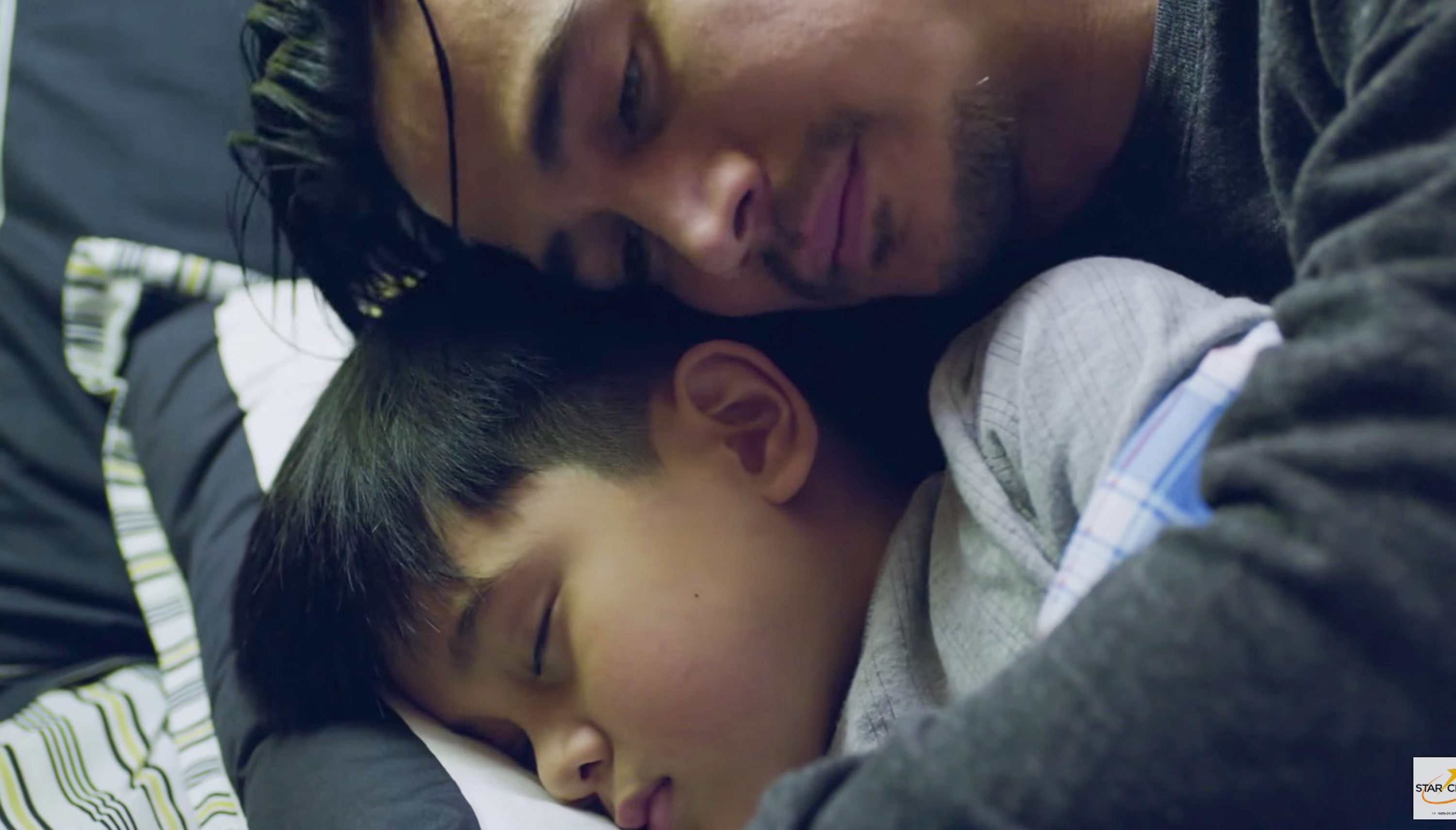SUMMARY
This is AI generated summarization, which may have errors. For context, always refer to the full article.

The scene’s hardly unique, especially since lately, local romances have been often punctuated by scenes where lovers spill their emotions through stirring but imperfect renditions of timeless love songs.
Angel (Yen Santos), a Filipina who’s in Alaska to look for her mother, starts warbling Air Supply’s “All Out of Love” in front of the similarly intoxicated patrons of a karaoke bar. Charlie (Piolo Pascual) longingly watches Angel croon, seemingly oblivious to the fact that the girl can’t sing a tune to save her life. She can, however, charm by sheer fervor and vulnerability.
Often off-pitch
Dondon Santos’ Northern Lights: A Journey to Love, just like Angel, is often off-pitch. However, there are also affecting moments scattered throughout the picture. (READ: 5 things to know about ‘Northern Lights: A Journey To Love’)

The film opens with a single mother (Maricar Reyes) telling her little boy (Raikko Mateo) legends about the northern lights, readying the young boy for an impending trip to Alaska where he will be reunited with Charlie, his father.
Charlie is then introduced to the audience, post-coitus with a random woman. He is victorious, with his naked body backdropped by the same natural spectacle that his son in faraway Manila fervently believes to be the resting place for those who have dearly departed.

While nothing new, the storyline about the carefree absentee father suddenly being forced to face the responsibility he’s avoided for years is the film’s bid to break free from the romance formula. It is that thread that offers the film its emotional highs.
The romance itself, between Angel and Charlie, is unfortunately limp. Pascual and Santos, who are individually fine actors, lack the chemistry to make the pairing work. At its worst, the love story’s a distraction. At its best, its implications add both heft and depth to the father-son tale.
Shallow love over real pain

What is most unfortunate about Northern Lights is that the film actually tries to define romantic relationships in a way that is not entirely escapist.
The milieu has actual promise.
The film’s characters are all broken, either victims of ruinous relationships or their collateral damage. It proposes the very real concept of love’s impermanence, which stems from the fact that human beings err and are prone to mistakes, and that life terminates. It sometimes confronts the pains that are part and parcel of that transience, such as when Angel discovers the reason her mother left her, or when Charlie’s son is faced to accept why he was sent to Alaska.

Sadly, the film only scrapes the surface of that ache. Santos quickly retreats from all things real and grave, contorting the film to fit into the traditional romance mold and its required happy endings. The film’s feel-good conclusion is forced and feeble, an attempt to drown the melodrama with familiar tropes.

Northern Lights is muddled entertainment.
It is a fine diversion when one can tolerate its propensity to overvalue the appeal of formulaic romances. The film has opportunities for being more than the conventional love story, with murmurings of something more than it is. But it is just too stubborn to maximize its potential – it ends up being a journey that is not very extraordinary. – Rappler.com

Francis Joseph Cruz litigates for a living and writes about cinema for fun. The first Filipino movie he saw in the theaters was Carlo J. Caparas’ ‘Tirad Pass.’ Since then, he’s been on a mission to find better memories with Philippine cinema.
Add a comment
How does this make you feel?
There are no comments yet. Add your comment to start the conversation.